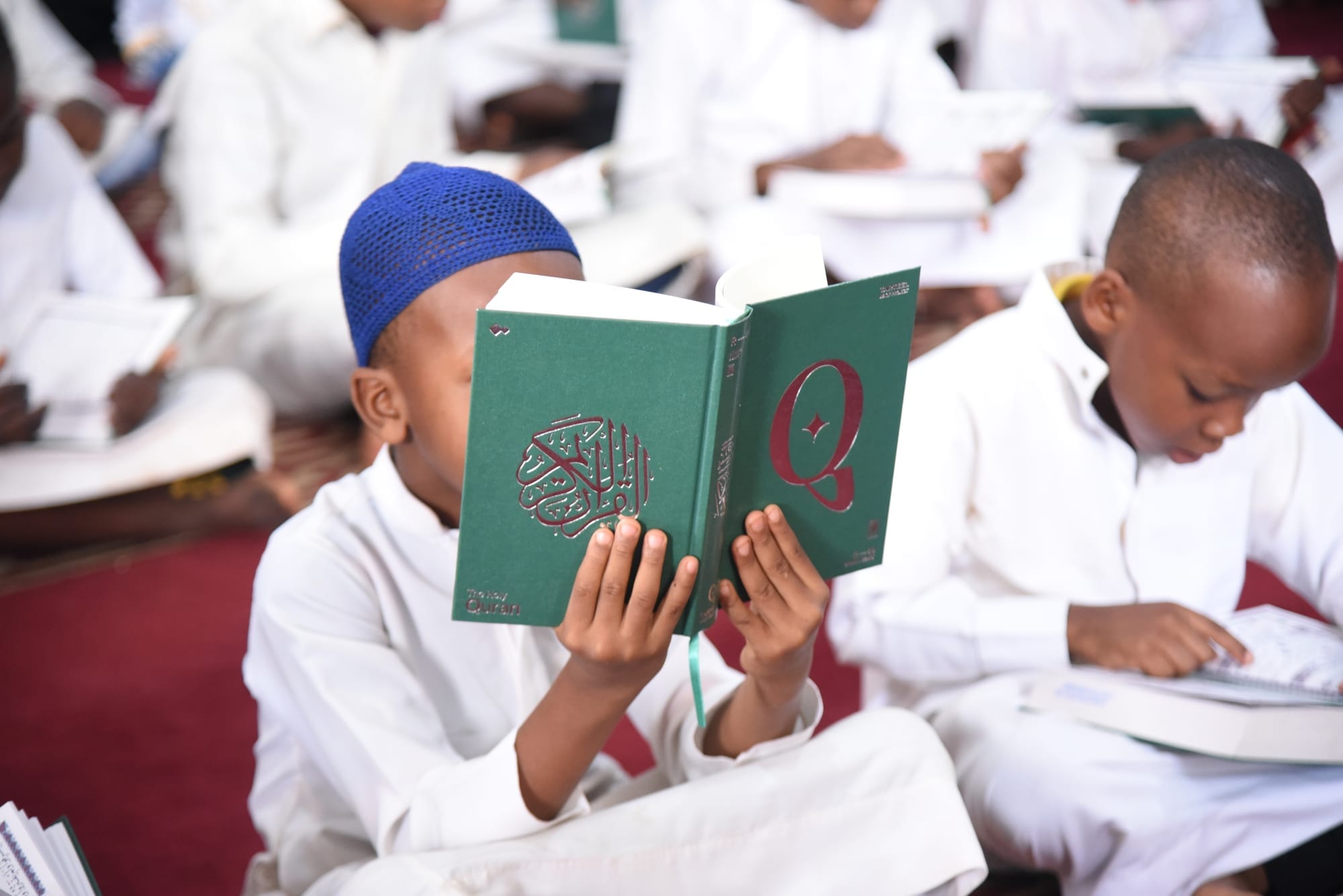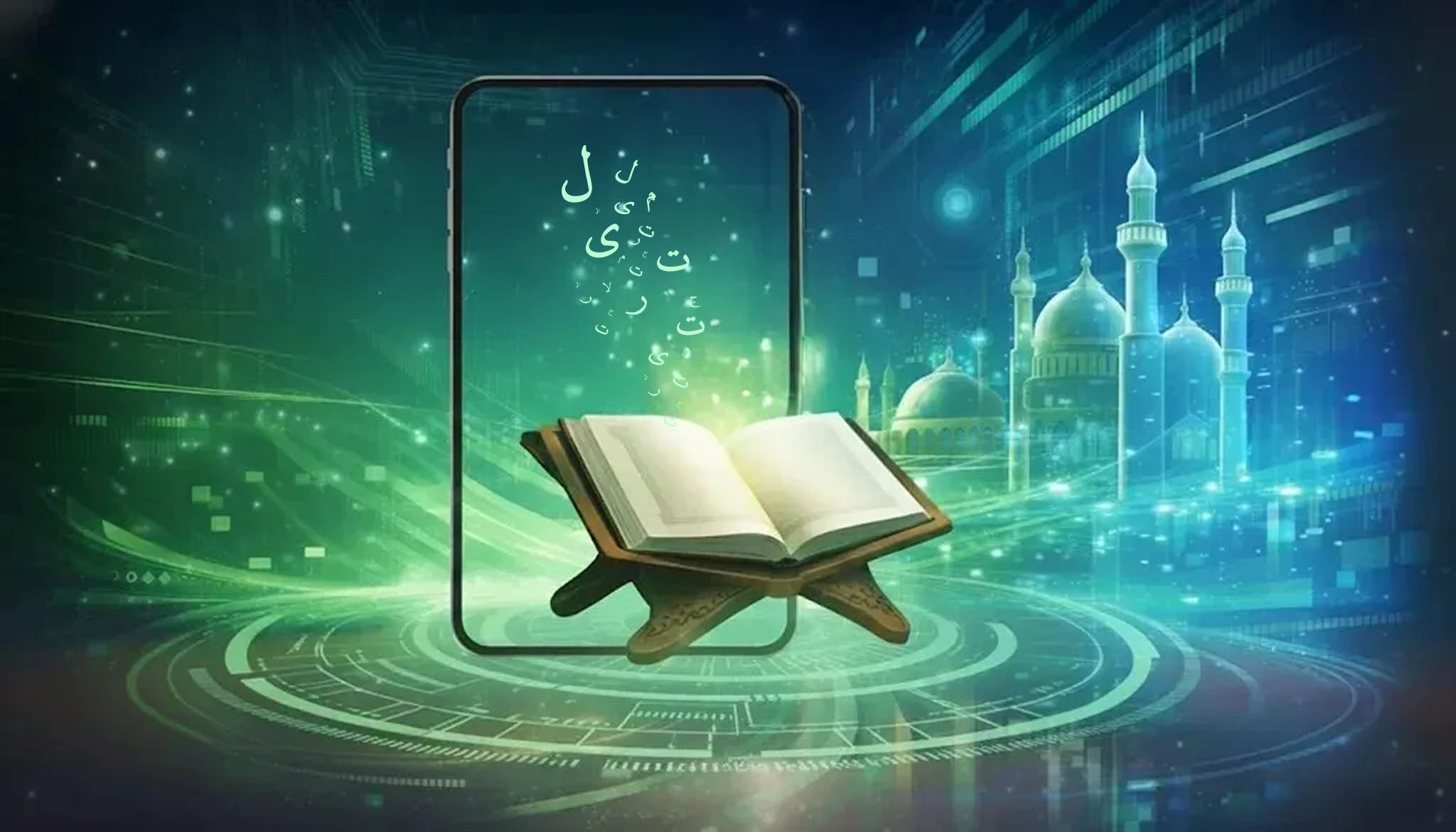Arabic is more than just a language—it's the key to fully experiencing the Quran. In Season 2, Episode 3 of the re:Verses Podcast, Ustadh Mohammed Tahair of Quranbound discusses why learning Arabic is crucial for a deeper understanding of the Quran. With over a decade of teaching experience, Ustadh Tahir shares how Arabic transforms the Quran from a book you recite into a life-changing conversation with Allah.
The Role of Arabic in Islam
Arabic isn’t just a language for Arabs—it’s the language of Islam. The Quran’s revelation in Arabic endowed the language with a special role, serving as the primary medium for understanding Allah’s words. Ustadh Tahair points out that approaching the Quran solely through translations is limiting. Translations convey meanings but cannot fully capture the nuances, rhythm, and structure of the Quran. For example, words like iman and sabr often lose their depth in translation.
- Iman in Arabic stems from the root amn, which implies security and trustworthiness. In contrast, the English word "faith" often connotes blind belief.
- Sabr is commonly translated as "patience," but in Arabic, it denotes perseverance and actively enduring challenges.
These examples highlight the richness of Arabic and why it is essential to learn the language to experience the Quran fully.
Beyond Words: Experiencing the Quran
For non-Arabic speakers, the Quran can feel distant, as if there is a barrier between them and the words of Allah. Ustadh Tahair explains that understanding Arabic allows you to go beyond simply hearing the Quran; it lets you feel and live its message.
"The Quran is not just a book—it’s a conversation," he says. "It’s an ocean of meaning, and each wave brings new insights and guidance."
This transformative experience is something even early Arabs recognized. Masters of the Arabic language, they acknowledged the Quran’s linguistic brilliance, often describing it as divine, miraculous, and beyond human capability. Today, learning Arabic gives every Muslim a chance to witness that same divine beauty firsthand.
Integrating Arabic Learning with Quran Memorization
One of the most common questions asked by podcast listeners was whether to prioritize learning Arabic or memorizing the Quran. Ustadh Tahair’s answer is clear: the two journeys complement each other.
Every step of Quran memorization, from perfecting pronunciation to understanding its rhythm, introduces learners to the Arabic language. By approaching Arabic as a natural extension of Quran study, memorization becomes easier, more enjoyable, and more profound.
"When you recite the Quran and understand its meaning, it transforms your salah and your daily life," Ustadh Tahair says. "The words don’t just stay on your tongue—they enter your heart."
Overcoming Challenges in Learning Arabic
Arabic, though deeply enriching, can feel intimidating for beginners. Ustadh Tahair highlights common challenges and offers practical advice:
- Avoid Comparing Arabic to English
Arabic is a Semitic language with unique rules, syntax, and nuances. Constantly comparing it to English can hinder progress. Instead, embrace Arabic on its own terms. - Start with Quranic Vocabulary
The Quran contains a relatively small vocabulary set that repeats frequently. Begin by learning these high-frequency words, which will make both memorization and understanding easier. - Approach Arabic as a Skill
Learning Arabic is like any other skill—it requires consistent practice. Immersing yourself in the language through speaking, listening, and reading is crucial for long-term success. - Cultivate a Childlike Curiosity
Just as children learn languages naturally through repetition and mistakes, approach Arabic with curiosity and a willingness to grow.
The Unique Power of Arabic
One of the standout moments in the podcast was Ustadh Tahair’s description of how Arabic enhances the beauty of Quranic recitation. When reciting verses about Paradise or Hell, for instance, understanding Arabic allows the voice to naturally convey the emotion and meaning of the words.
This deeper connection with the Quran transforms it from a book you read to a guide you live by.
"The Quran is a rope from Allah that saves us in both this life and the Hereafter. How can we implement it fully if we don’t understand its language?"
Arabic is for Everyone
Finally, Ustadh Tahir emphasizes that Arabic is not the language of Arabs alone. It is a gift for all Muslims, a key to connecting with Allah’s words and navigating life with His guidance. "Without Arabic, you’re a tourist in your own religion," he explains.
Catch the full episode of re:Verses here 👇🎙️





